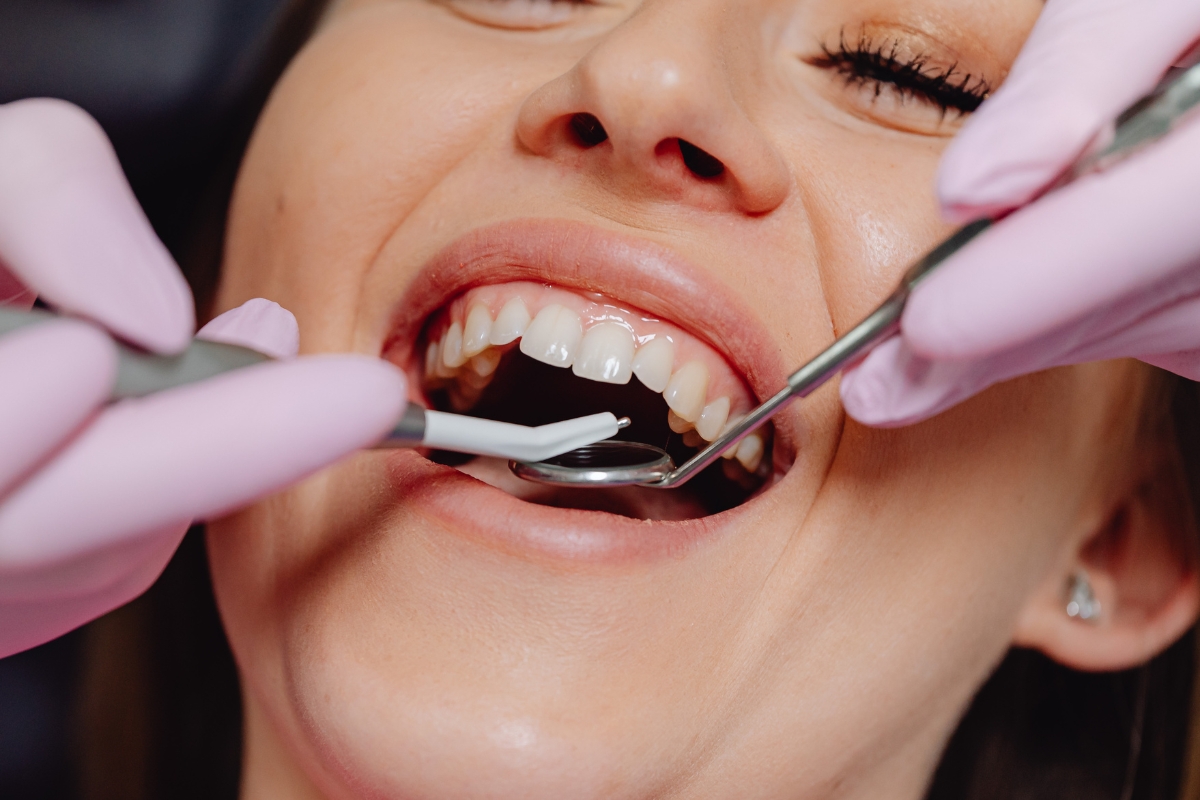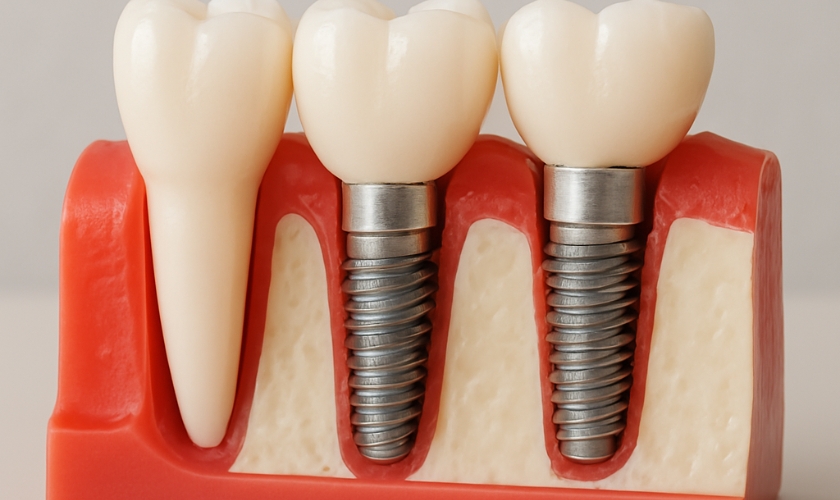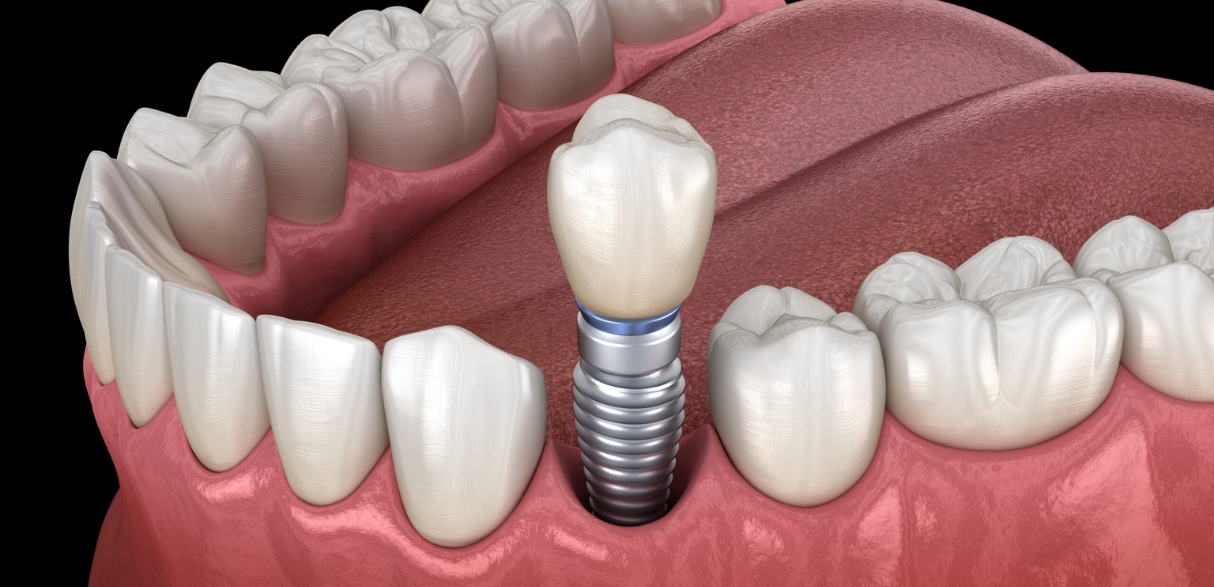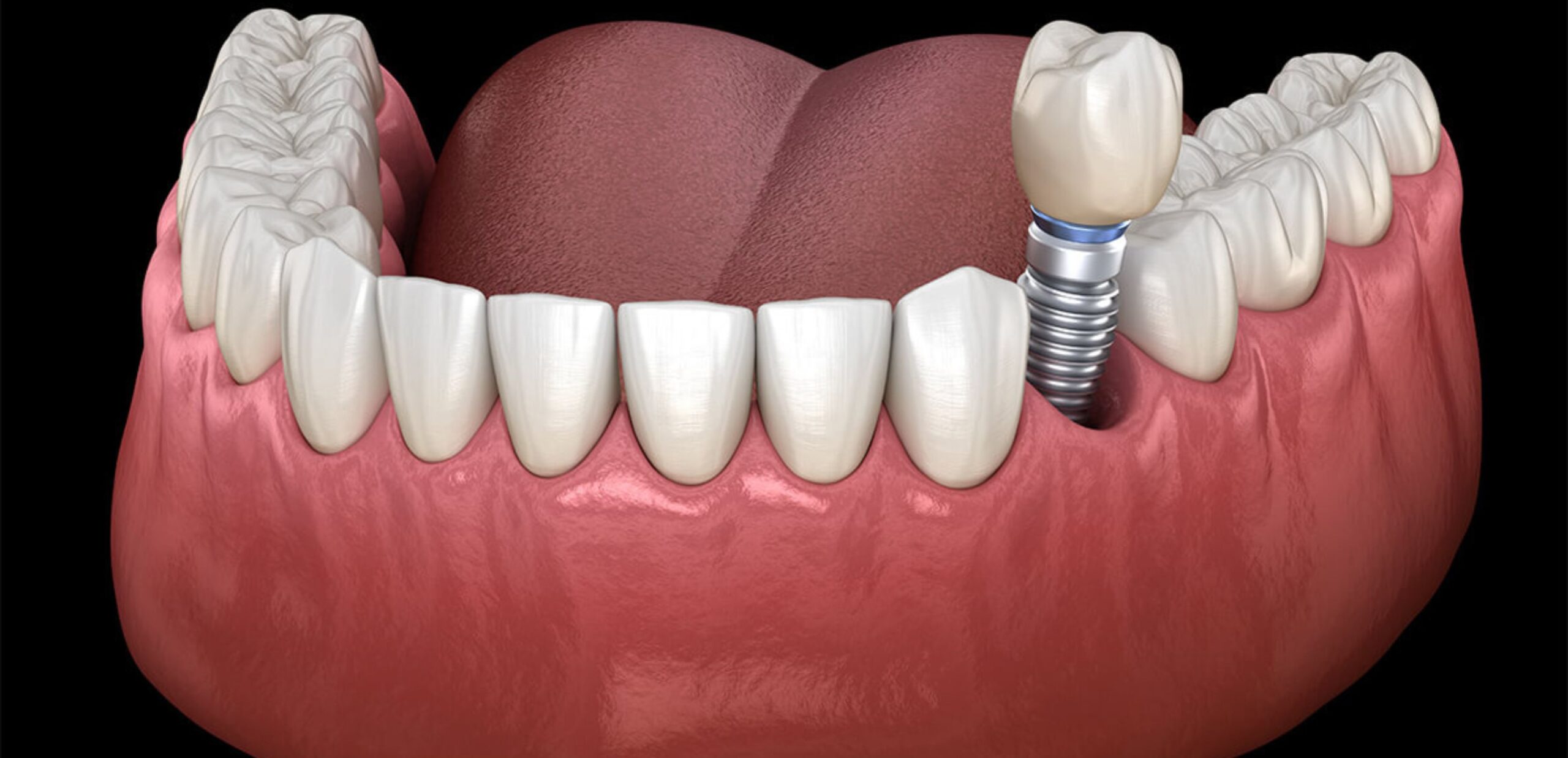
Gum health makes or breaks the success or failure of dental implants. The majority of people are oblivious to this fact. More than titanium strength is required for implant success. Adjacent gum and bone also play a role.
Overlooked gum infection dissolves the jawbone and threatens costly procedures like dental implants. Dentists always caution that gum disease remains the silent destroyer of permanent implant success.
This blog explores the association, risks, and precautions for protecting investment in implants.
What Is Gum Disease?
Gum disease includes gingivitis, the initial stage, and periodontitis, the severe stage. They both destroy gums and supporting bone and endanger natural teeth and dental implants. Gingivitis, if not treated, progresses very quickly to advanced periodontitis with bone loss that is irreversible.
The signs are bleeding gums, constant bleeding, halitosis, or bad odor, and loose teeth. Failure to treat these signs endangers natural tooth loss and the failure of dental implants.
Why Gum Health Matters for Dental Implants
Dental implants in Chatsworth depend to a great extent on firm gums and dense jawbone for stability. Eroded gums decrease bone density and make implants susceptible to loosening or loss.
Natural teeth retain ligaments, while implants integrate directly into bone. Infection and poor gum tissue inhibit this integration and shorten implant life. Healthy gum foundations ensure implants provide long-term, natural chewing and smiling confidence.
Can You Get Dental Implants If You Have Gum Disease?
Active gum disease renders it impossible to place implants safely. Dentists require treatment first. Infected gums’ implants fail quickly as they are infected and have compromised bone. Bacterial killing, bone stabilization, and tightening of gums before dental implants are achieved with periodontal treatment.
Treatment often involves scaling, root planing, or even grafting, depending on how severe. Healthy gums are enough to provide successful dental implants and long-term smile restoration.
How Gum Disease Leads to Implant Complications
Peri-implantitis involves gum infection surrounding dental implants and causes inflammation and pain. The condition is similar to periodontitis but affects implant structures only and disrupts bone support.
If left untreated, peri-implantitis leads to bone loss, loosening, and failure of the implant. Peri-implantitis affected by gum infection may require removal or replacement. Early intervention prevents gum disease from reducing the lifespan of dental implants.
Preventing Gum Disease Before and After Implants
Regular cleaning of the teeth keeps the gums healthy and protects against future implants. Daily flossing, soft brushing, and using interdental brushes close to implants are required. Antimicrobial mouthwashes reduce harmful bacteria that cause damage to gum health and dental implants.
Lifestyle is also involved. Quit smoking, consume well-balanced foods, and reduce stress levels. Preventive care ensures the stability of the gums, with dental implants surviving decades.
Treatment Options for Patients with Gum Disease
Dentists treat gum disease with non-surgical interventions like scaling and root planing. Advanced instances may require gum grafts or bone grafts before dental implants. Effective treatments strengthen gums, regrow bone, and position patients for dental implants in Chatsworth.
Routine checkup maintenance programs maintain gum health around current implants. Patients enrolled in these plans protect their dental implants and maintain oral function.
Healthy gums and good bone remain significant pillars for dental implants. Gum disease, left untreated, compromises implants, costing money and endangering oral health. Preventive treatment protects investments, re-establishes confidence, and maintains chewing capacity with dental implants.
Arrange for a professional consultation with us to evaluate gum health before selecting dental implants. Guard your smile, guard your health, and guarantee implants to provide long-term benefits.



